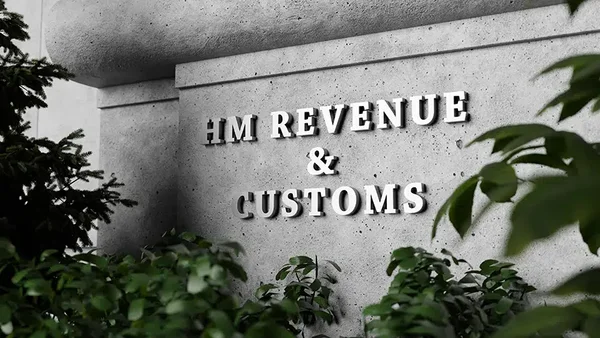The UK’s public finances are under renewed scrutiny as Chancellor Rachel Reeves prepares her first full Budget this autumn. Despite announcing sweeping tax rises in October 2025, including higher employer National Insurance contributions and increases to capital gains levies, experts warn that the government still faces a sizeable fiscal hole and more tax rises may be on the way.
While reports have suggested record tax receipts in July, official figures from the Office for National Statistics (ONS) paint a more complex picture. Borrowing in July 2025 was £2.3 billion lower than the same month in 2023, but cumulative borrowing since April has run higher than expected. Reeves’ policies, particularly the 1.2 percentage point increase in employer National Insurance contributions, were only announced in the October 2025 Budget and therefore had not yet taken effect in July meaning claims of an immediate revenue windfall are inaccurate.
The Policy Shift: Employer NI and Capital Gains
Reeves’ fiscal plan outlined in October raised £40 billion through tax increases, with employer NI contributions lifted to 15% and adjustments to capital gains rates. The Chancellor argued these measures were necessary to restore stability after years of sluggish growth and fiscal strain.
However, critics argue that higher NI makes it more expensive for firms to hire, potentially denting jobs and investment. Employers warn that this could weigh on productivity, a long-term weakness in the UK economy.
A £22 Billion Fiscal Gap
The Office for Budget Responsibility (OBR) has warned of a £22 billion shortfall in the public finances. Reeves has pledged to stick to fiscal rules requiring debt to fall as a share of GDP, but analysts say the numbers don’t yet add up.
Elliott Jordan-Doak, senior UK economist at Pantheon Macroeconomics, noted: “The big picture remains that the public finances are in a chronically weak condition.”
Debt Servicing Costs Rising
The UK’s debt pile stands at nearly £2.9 trillion, close to the size of the entire economy. The cost of servicing that debt is surging, with £41 billion already spent on interest payments this year. Rising gilt yields effectively the interest rates the government must pay to borrow – are at their highest levels since the 1990s. This makes it harder for Reeves to simply borrow her way out of the fiscal gap.

Spending Pressures Mount
At the same time, government spending continues to rise. Civil service pay increases and a growing benefits bill are adding strain to the Treasury. Meanwhile, U-turns on welfare reform and winter fuel payments have forced Reeves to seek alternative savings or revenue sources.
Political Reactions
Conservatives have seized on Labour’s tax hikes as evidence of a high-tax agenda. Tory business spokesman Andrew Griffith said: “With the amounts being squeezed out of taxpayers at record highs yet the Chancellor still craving more, either she quits her addiction to higher public spending or someone needs to send her to rehab.”
Government ministers, however, insist the tough choices are necessary. Chief Secretary to the Treasury Darren Jones said: “Far too much taxpayer money is spent on interest payments for the longstanding national debt. That’s why we’re driving down government borrowing over the course of the parliament – so working people don’t have to foot the bill and we can invest in better schools, hospitals, and services for working families.”
The Road Ahead: October Budget
Economists widely expect Reeves to announce further tax rises in the October 2025 Budget. Options on the table include tweaks to inheritance tax, pension lump sums, or “stealth” increases through frozen income tax thresholds.
Alex Kerr, UK economist at Capital Economics, estimates Reeves may need to raise up to £27 billion: “Given that she is struggling to stick to existing spending plans and we doubt the gilt market will tolerate big increases in borrowing, most of that will have to be funded by tax rises.”

Final Summary
Despite headlines of “record” tax revenues, the reality is more sobering: Britain’s fiscal challenges remain entrenched. Rachel Reeves’ first Budget outlined significant tax increases, but the measures are yet to take effect and the government still faces a yawning gap in its finances. Rising debt costs, slowing growth, and fragile investor confidence all limit the Chancellor’s room for manoeuvre. Economists warn that unless productivity growth revives and spending is reined in, Reeves may be forced into further politically painful tax rises this autumn.











